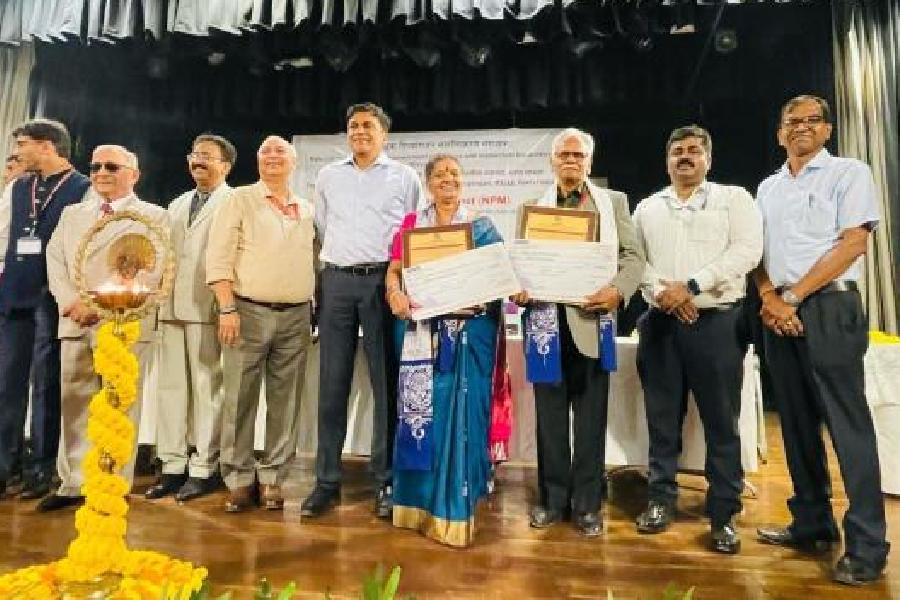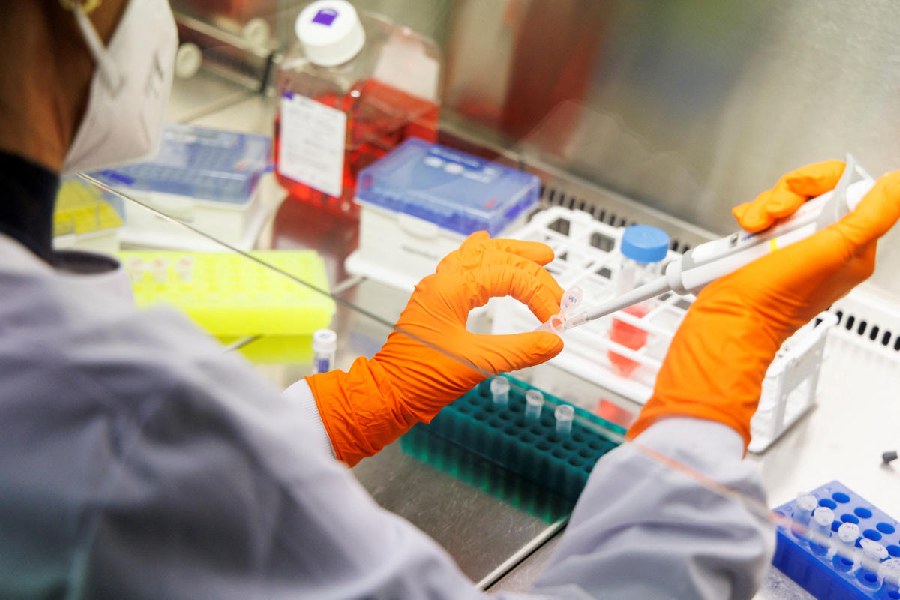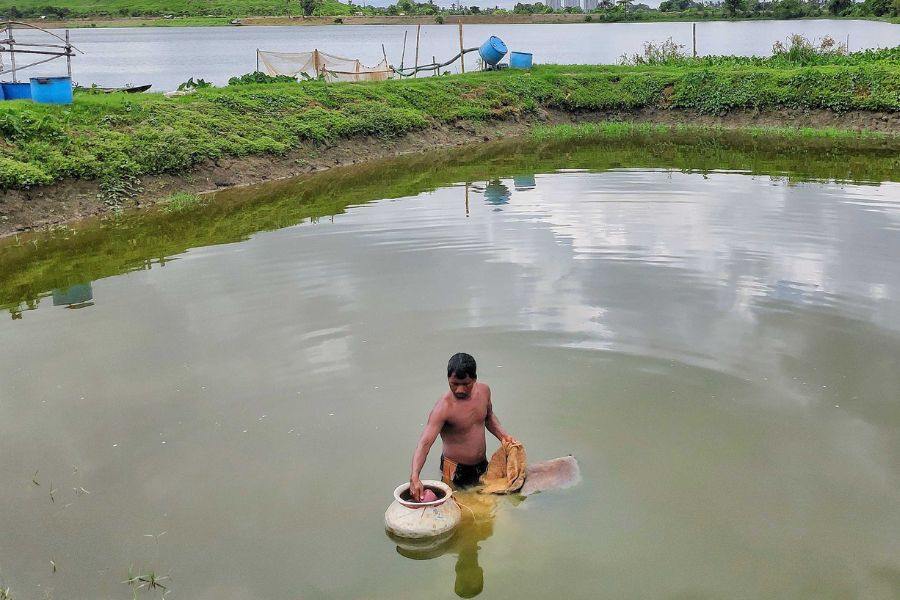Individuals with intellectual and developmental disabilities should be made to self-advocate their rights and simultaneously be trained for independent living, experts said at a national-level parents’ meet this weekend.
The 30th National Parents Meet was organised by the National Institute for the Empowerment of Persons with Intellectual Disabilities (Niepid), in collaboration with Parivaar, National Confederation of Parents’ Organisation, on Saturday and Sunday.
The aim was to empower parents and families of people with intellectual disabilities. The theme was “Strategy and Support Mechanism Towards Empowered Families”.
The Telegraph lists some of the points discussed at the event.
Self-advocacy
Individuals with intellectual disabilities should be trained to self-advocate their rights, said those working with them.
“They have to be trained of their rights and simultaneously be able to voice their rights to the larger society,” said Dashrath Choudhari, lecturer, rehab psychology, Niepid.
“We train them to be able to ask for their rights. Because in an office they often do not receive support from colleagues or get equivalent pay. We train them to be able to ask for it.”
One should self-advocate for something as basic as their right to decide what to wear or eat.
“Often parents of children with intellectual disability would impose their wish on their children when it comes to something as basic as what they want to wear, something they cannot do with a sibling who does not have a disability. Their choices have to be respected,” said Pankaj Maru, national president, Parivaar NCPO (National Confederation of Parents’ Organisation).
Arunasis Adhikari, one of the organisers, said self-advocacy creates respect and dignity in the mainstream society for people with disabilities.
“If they can voice for themselves and join the workforce, they will contribute to the GDP, which will automatically change the mindset of the mainstream society towards them,” said Adhikari.
Residential facility
Parents of individuals with disabilities are often concerned about what will happen to their children once they are no more. While residential facilities are coming up, parents have to be careful about choosing the right one for their children, said Maru.
“We tell parents that they have to check the safety parameters, which include electrical points, fire extinguishers and frequency of cleaning water tanks,” he said.
A book titled Quality Standards & Guidelines for Residential Facilities for Persons with Intellectual & Developmental Disabilities was released at the event.
Maru said there is a need to acquaint individuals with intellectual and developmental disabilities with a residential facility while their parents are alive.
Independent living
Choudhuri told parents that children should be sent to school regularly to maintain discipline. “If a child goes to school, he will wake up at a fixed time and do the daily chores at a scheduled time, which includes activities of daily hygiene. That would make them independent in activities of daily life,” he said.
Attending school enhances the social skills of individuals and they understand how to interact with others, said Choudhari.
Parents should teach the children to do household chores like putting clothes in a washing machine, taking them out, hanging them out to dry and cutting vegetables, he said.











